Add more ministries and branches to coordinate operations
In the report sent to the Government on the draft amendment to Decision 24/2017 on the structure of adjusting average retail electricity prices, the Ministry of Industry and Trade said that it had carefully reviewed and evaluated the draft and supplemented and amended issues arising in practice related to the management of electricity prices in accordance with its authority, legal regulations and the Government's working regulations.
Regarding the standard profit in electricity prices, the Ministry of Industry and Trade said that it will not implement specific regulations on determining the standard profit. This agency also said that it has reviewed the regulations and comments of the Deputy Prime Minister and the Ministry of Finance .
Accordingly, regarding the presiding and coordinating in the management of electricity prices, the Ministry of Industry and Trade is the agency in charge of inspection and review. The Ministry of Finance is responsible for coordination in terms of being the state price management agency.
Specifically, the Ministry of Industry and Trade will still be responsible to the Government for state management of electricity and electricity use, including electricity prices. The Ministry of Industry and Trade will be the agency guiding EVN in calculating the average electricity price, adjusting electricity prices, and presiding over inspection and supervision.

The Ministry of Industry and Trade maintains the proposal to adjust electricity prices every 3 months.
The Ministry of Industry and Trade also proposed that relevant ministries and agencies participate and coordinate with related contents, according to assigned functions, tasks and regulations of law.
To make the process of considering electricity price adjustment more transparent, the Ministry of Industry and Trade proposes to add the responsibility of the General Statistics Office in assessing the impact of electricity price adjustment on the macro economy. EVN will provide relevant data so that this agency has a basis for statistics and evaluation.
Maintain proposal to adjust electricity price once every 3 months
In this draft, the Ministry of Industry and Trade still maintains the proposal that electricity prices include additional costs that have not been previously calculated, such as exchange rate differences. The time for adjusting electricity prices is expected to be shortened from 6 months to once every 3 months. This means that there will be 4 changes each year and prices will be updated quarterly according to electricity generation costs.
The proposal for the average retail electricity price to increase or decrease with specific amplitudes is also kept as in the previous draft. Accordingly, in case the input parameters of stages such as generation, transmission, distribution, etc. cause the average electricity price to decrease by 1% or more compared to the current average price, EVN is responsible for reducing the price at the corresponding level. EVN will prepare a report to the Ministry of Industry and Trade and the Ministry of Finance for inspection and supervision.
On the contrary, when the average electricity price increases by 3% or more compared to the current price, EVN is allowed to adjust the price up. In case the average electricity price needs to be adjusted up by 10% or more compared to the current level, affecting the macro economy, the Ministry of Industry and Trade will preside, inspect, review, and consult the Ministry of Finance and relevant agencies.
“ If necessary, the Ministry of Industry and Trade will request EVN to hire an independent consultant to review the electricity production and business cost report of the group and its member units ,” said the Ministry of Industry and Trade.
The Ministry also proposed to keep the phrase "including the unallocated revaluation exchange rate difference" as stipulated in Decision No. 24 of the Prime Minister to ensure the consideration of the revaluation exchange rate difference in calculating the retail electricity price.
In November 2023, when responding to the Ministry of Industry and Trade's comments on the draft replacing the Prime Minister's Decision 24/2017 on retail electricity prices, the Ministry of Finance cited the provisions of the Law on Prices and the Law on Electricity to affirm that the Ministry of Industry and Trade is responsible to the Government for state management of electricity and electricity use, including electricity prices.
That is, the Ministry of Industry and Trade is the agency in charge of developing the price framework, adjustment mechanism, retail electricity price list to submit to the Prime Minister, as well as providing guidance on establishing the price framework for electricity generation, transmission, ancillary services, and dispatch fees...
The Ministry of Finance also proposed not to stipulate their coordination responsibilities in the Draft Decision and to remove the content "Vietnam Electricity Group (EVN) sends a report on electricity price plans to the Ministry of Finance". Instead, the ministry will only coordinate in cases of unusual fluctuations or major impacts.
If the average retail electricity price increases by 5-10%, the Ministry of Industry and Trade will proactively review and comment on the plan submitted by EVN. If the electricity price increases by 10% or more, affecting the macro economy, the Ministry of Finance will be one of the ministries and branches that will comment on the price plan after the review by the Ministry of Industry and Trade.
The Ministry of Finance also said that it has no responsibility to check EVN's reports; it is not required to attend meetings, report and give opinions on the annual electricity price plan. The Ministry will only give opinions if the Ministry of Industry and Trade requests it.
Source







![[Photo] Prime Minister Pham Minh Chinh chairs conference to promote public investment growth momentum](https://vphoto.vietnam.vn/thumb/1200x675/vietnam/resource/IMAGE/2025/5/20/7d1fac1aef9d4002a09ee8fa7e0fc5c5)
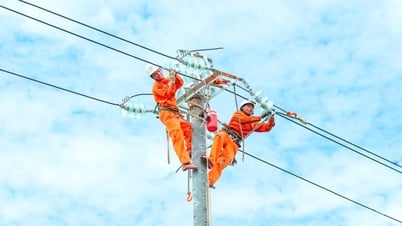



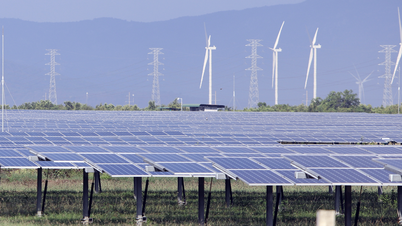



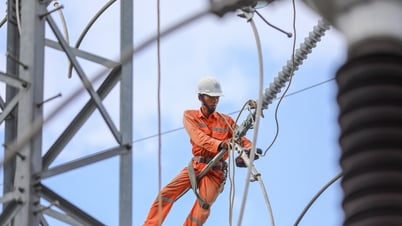




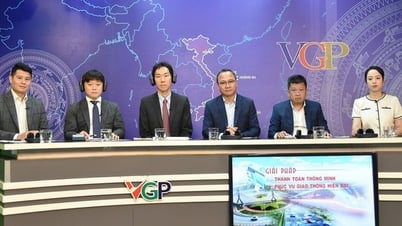

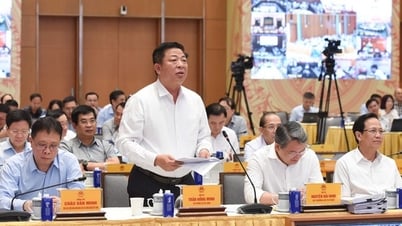





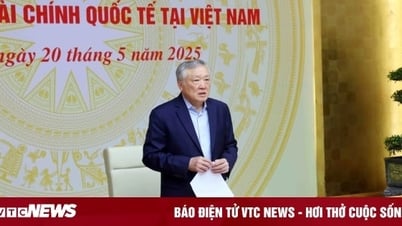



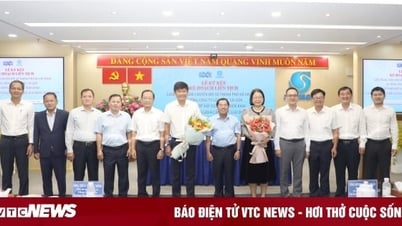































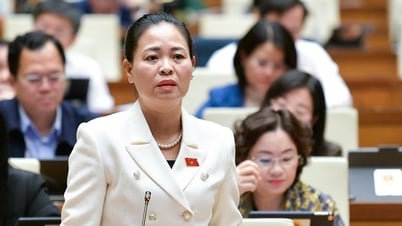


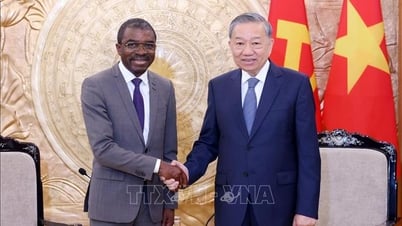


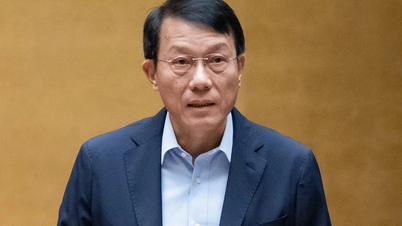

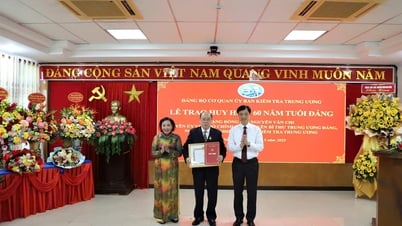











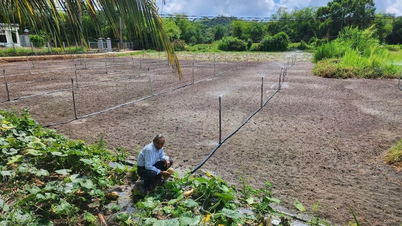

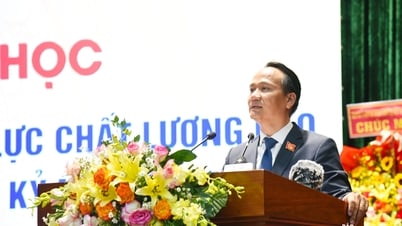

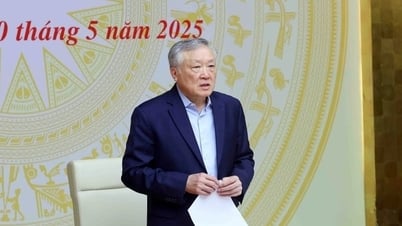

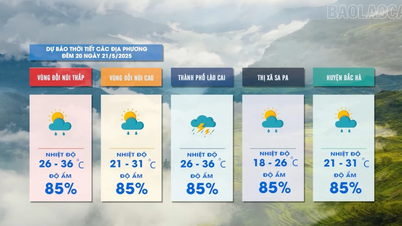













Comment (0)